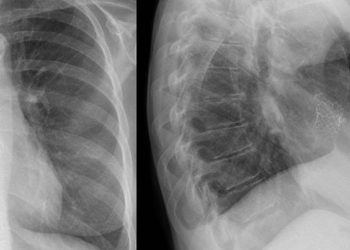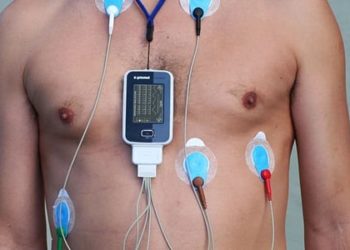Direct oral anticoagulants may be the superior treatment for patients with atrial fibrillation on dialysis
1. Direct oral anticoagulants may have a superior risk-benefit profile compared to vitamin K antagonists in atrial fibrillation for patients with hemodialysis.
Evidence Rating Level: 2 (Good)
While direct oral anticoagulants (DOACs) have been shown to have superior risk-benefit profiles over vitamin K antagonists (VKAs) in patients with atrial fibrillation and normal renal function or early stage chronic kidney disease (CKD). This observational follow-up study of the randomized controlled trial, Valkyrie, investigates the comparative efficacy and safety of DOACs versus VKAs for atrial fibrillation in the hemodialysis population. In Valkyrie, 132 patients on chronic hemodialysis were randomized in a 1:1 ratio to receive a VKA with a target INR of 2-3, rivaroxaban 10 mg daily, or rivaroxaban 10mg and vitamin K2 2000 ug thrice weekly post-dialysis for 18 months. Rivaroxaban 10 mg was chosen based on the results of a pharmacokinetic and pharmacodynamic analysis, which showed that this dose provided patients on hemodialysis a similar exposure to a dose of rivaroxaban 20 mg in healthy individuals. In this open-label, prospective trial, follow-up was extended for at least 18 additional months for patients continuing their originally assigned treatment, to a median follow-up of 1.88 years.For the composite primary endpoint, fewer fatal and nonfatal cardiovascular events occurred in either rivaroxaban arm compared to the VKA arm (rivaroxaban vs VKA: HR 0.41, p=0.0006, rivaroxaban and K2 vs VKA: HR 0.34, p=0.0003). While death from any cause, cardiac death, and stroke risk were not significantly different between treatment arms, symptomatic limb ischemia occurred significantly more frequently in the VKA arm than either of the rivaroxaban arms (VKA 20 patients, rivaroxaban 10 patients, rivaroxaban and K2 9 patients, p=0.02). As well, life-threatening and major bleeding was not significantly different between the VKA and rivaroxaban arms individually, but was significantly less in the pooled rivaroxaban groups compared to the VKA group (HR 0.44, p=0.02). Of note, while patients on hemodialysis typically experience high rates of premature, permanent discontinuation of oral anticoagulation, this study showed a withdrawal rate of only 25%. Considering more than two thirds of patients were already stable on oral anticoagulation at randomization, a lower withdrawal rate may have resulted from selecting patients with higher tolerability of anticoagulation. Nonetheless, these findings support that compared with VKA, rivaroxaban, at a reduced dose, significantly decreased the incidence of fatal and nonfatal cardiovascular events as well as major bleeding events in patients on hemodialysis with atrial fibrillation.
Click to read the study in JASN
Image: PD
©2020 2 Minute Medicine, Inc. All rights reserved. No works may be reproduced without expressed written consent from 2 Minute Medicine, Inc. Inquire about licensing here. No article should be construed as medical advice and is not intended as such by the authors or by 2 Minute Medicine, Inc.







